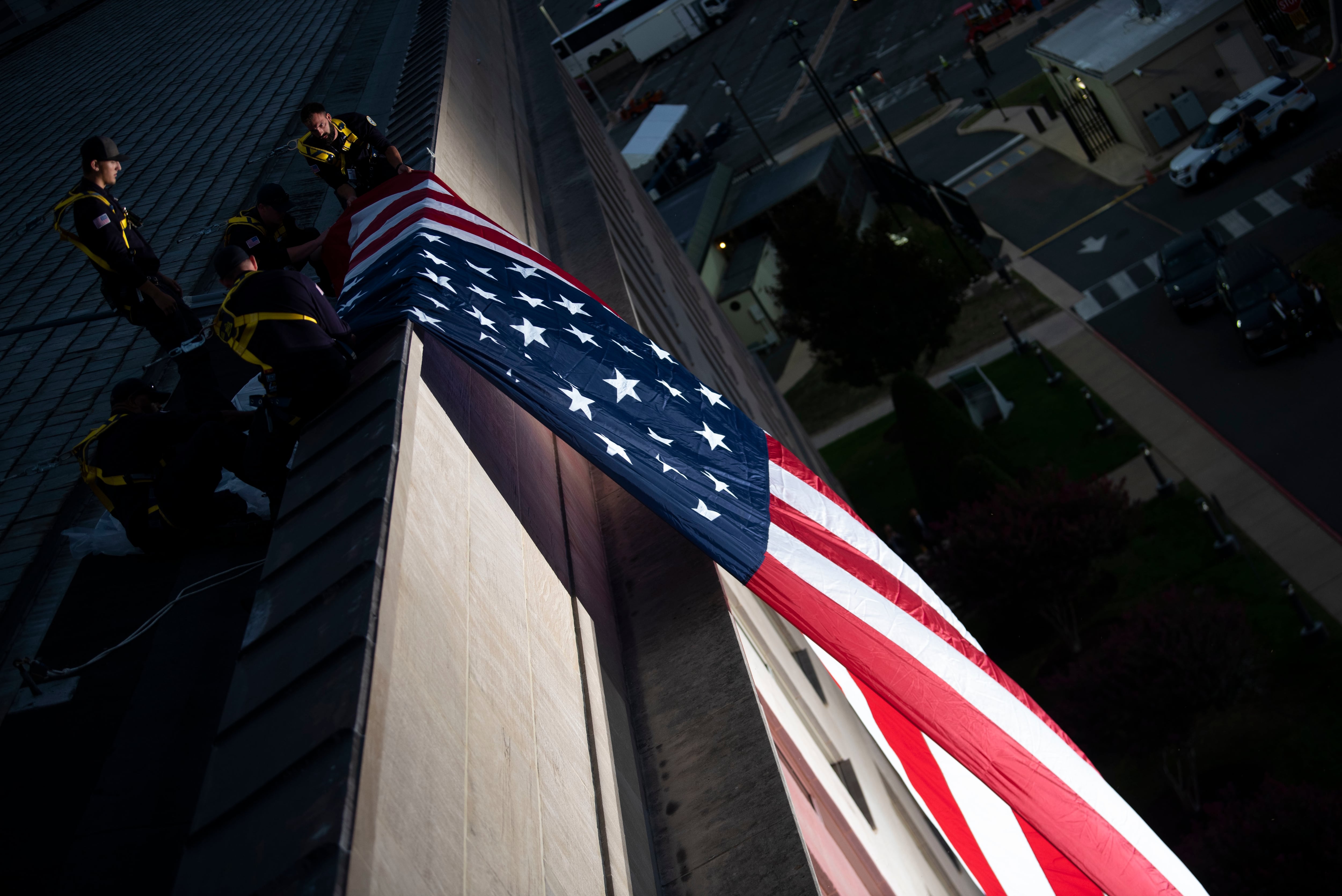As the U.S. contemplates the would-be terms of a troop drawdown in Afghanistan, the State Department is mulling its training and equipping relationship not only with Afghan security forces, but with surrounding countries that will play a role in the region’s stability long-term.
Teams on the ground in Afghanistan are making assessments on the kinds of diplomatic or military support ― whether that’s equipment, or training on how to use it ― it will continue to provide, the assistant secretary of state for political-military affairs told Military Times on Thursday.
“If we look at Afghanistan broader than just Afghanistan, and look at it from a regional aspect, then yes, we are looking at where there would be any potential posture shifts for the Afghan security forces and any potential posture shifts on their governance capabilities,” R. Clarke Cooper said.
The Trump administration has been pushing for an end to the war in Afghanistan, recently offering 8,600 as a near-term number as peace talks continued.
But on Monday, the president told reporters at the White House that those negotiations were “dead," after canceling a planned Sunday meeting with high-level Taliban officials.
In the meantime, Trump said Wednesday that he U.S. has been “hitting our enemy than they have ever been hit before," though it remains to be seen how strategy in Afghanistan will evolve, or if and when talks will resume.
RELATED

Regardless, Cooper said, State will continue working with the countries around Afghanistan, helping to bolster their own security.
“Why? Because there are partner nations that have maybe not been historically aligned with the United States, former Soviet Union satellite states, that we are working with to ensure a more cohesive ‘northern access corridor,’ regardless of what happens with the Afghanistan peace talks or reconciliation," Cooper said.
Those countries include Turkmenistan, Uzbekistan and Tajikstan. And historically, their military acquisitions depended heavily on Russia, which the U.S. would like to change.
“So one thing that probably won’t really change as much, where we would stay the course on, is those northern access corridor states ― ensuring that they have the capacities and capabilities to be more inter-operable with us, and getting them off of those historic, sustained alliances with Russia,” Cooper said.
Meghann Myers is the Pentagon bureau chief at Military Times. She covers operations, policy, personnel, leadership and other issues affecting service members.





